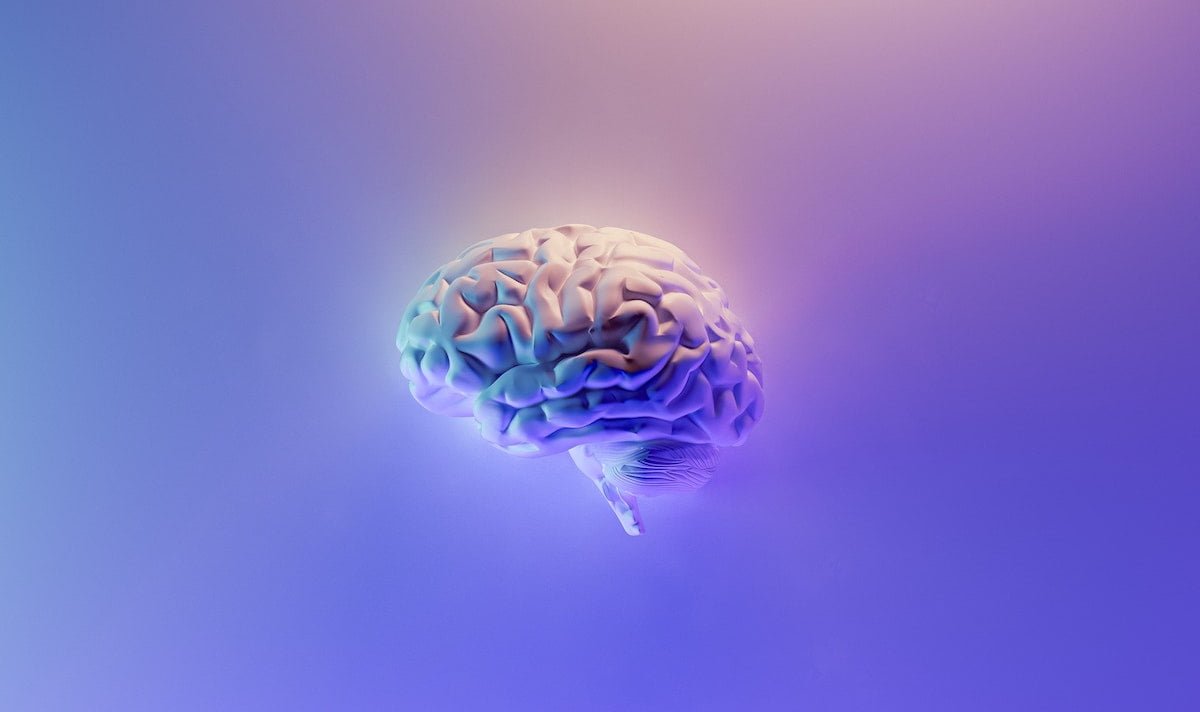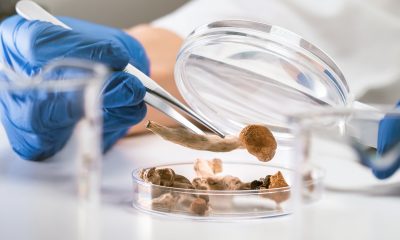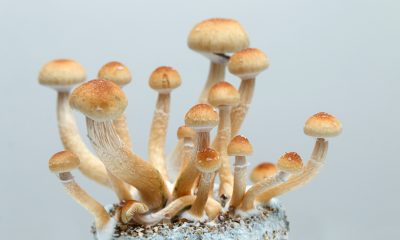Psychedelics are being touted as a potential breakthrough in the area of mental health treatment. However, scientists are now beginning to look at whether the compounds could hold promise in the treatment of physical brain injuries.
Around 3.8 million people acquire sports-related TBIs each year, with care for the injuries taking a multidisciplinary approach to rehabilitation and managing symptoms. Around 30 to 40% of patients with concussion symptoms live with significant mental health issues or functional neurological disorders.
Sports-related TBIs often have a different set of symptoms than non-sports-related TBIs. As opposed to concussions, TBIs cause damage at the cellular level and are associated with symptoms such as thought and sleep disruption, anxiety and depression, and other physical symptoms like balance issues and visual impairment.
With such a large range of symptoms associated with the injuries, treatment can be very expensive for healthcare systems.
Dr Evan Lewis, concussion specialist and Vice President of Psychedelic Neurology at Numinus, is working to collect data on concussions and psychedelics to better understand if they are beneficial for TBIs, and to inform future research.
Psychedelics and sports-related brain injuries
While there is currently no clinical research that looks at using psychedelics for the treatment of TBIs, there is pre-clinical research that has so far demonstrated promising results – although they are few.
Lewis, who predominantly works with chronic long-term concussion symptoms, told Psychedelic Health: “I think that it is very important to differentiate here between treatment with psychedelics for acute concussion versus treatment for chronic concussions – they are two different beasts.”
Lewis highlights that there is a neuroinflammatory component to TBIs, and that there is also research looking at psychedelics for inflammation. For example, there is currently animal research investigating DMT for neuroinflammatory diseases such as Alzheimer’s, dementia and Parkinson’s disease.
Additionally, psychedelics have been shown to have an impact on neuroplasticity – how the brain makes new neuronal connections. Some psychedelic research has looked at an area of the brain called the hippocampus which is implicated in concussion injuries.
Further literature around brain-derived neurotrophic factor (BDNF) and serotonergic psychedelics has shown increased markers of the regrowth of neurons – known as neurogenesis or synaptogenesis.
“When you look at mice data, we see that doses of psilocybin alter the way the hippocampus creates new connections,” said Lewis. “So that’s an important target. It also looks like serotonergic psychedelics show increased markers of the regrowth of neurons.”
Dr Lewis describes a chronic TBI as a “pressure wave” that shocks through the brain. The wave does not tear or damage any brain tissue, but causes disruptions at the cellular level – altering the connections between neurons.
Lewis highlights that, as the brain functions as a network, these disruptions cause abnormal connections between networks. One network in particular that has been spotlighted in psychedelic research is the default mode network (DMN) where “over self-referential activity” takes place.
“This is a network that becomes connected when one is actively thinking about themselves,” said Dr Lewis. “In chronic brain injury, some of those areas have been shown to be affected.
“This is where the crossover with psychedelics tends to happen as psychedelics relax the connections of the DMN. That relaxation in the DMN is some of the experiences people have with psychedelics such as oneness and ego dissolution.
“After psychedelics, networks can become reconnected again. If TBIs cause problems with networking, we know psychedelics relax the networks and allow them to go into a neuroplastic state. With good guidance and therapy, networks can build back up again – could it be that this is the action of psychedelics in the context of concussion?”
Lewis suggests that the window of neuroplasticity following psychedelic treatment should be taken advantage of, where TBI patients should work with a psychotherapists, physiotherapists and functional therapists.
A network of data
Lewis is now working with Numinus to collect patient data and use the information to inform further research.
“We want to help patients who have chronic long-term concussion symptoms, who also have significant mental health issues,” said Lewis. “We want to help their mental health issues because we know that’s where psychedelics work.
“As a secondary measure, I’m going to see if their concussion symptoms are improving. We’re planning to do this with about 10 patients, collect the data and then report that.”
Lewis suggests that there needs to be a higher level of interest from the concussion world about psychedelics, and more interest from the psychedelic world to incorporate brain injuries.
“Once that happens, the next step really is to work with the neuroradiologists and start to look at overlapping data,” said Lewis. “Once we have that information we will really have a great understanding about what we’re doing, because we know the mechanisms of psychedelics.”


 Opinion2 years ago
Opinion2 years ago
 Insight3 years ago
Insight3 years ago
 Medicinal2 years ago
Medicinal2 years ago
 Research2 years ago
Research2 years ago
 Markets & Industry1 year ago
Markets & Industry1 year ago
 Medicinal2 years ago
Medicinal2 years ago
 News3 years ago
News3 years ago
 Research2 years ago
Research2 years ago
















